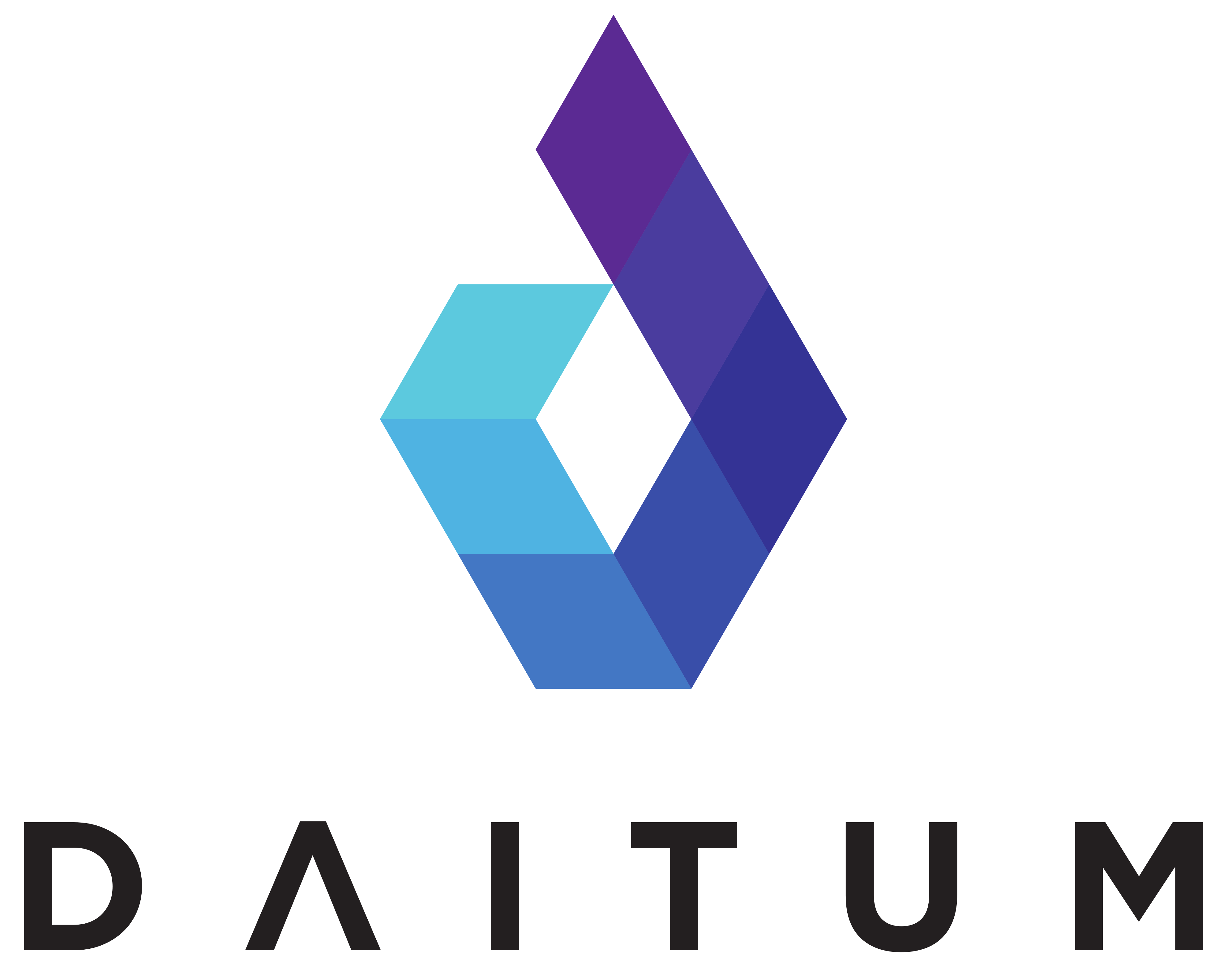In December 2023, the Fair Work Legislation Amendment (Closing Loopholes) 2023 Act received royal assent which modified/introduced new laws regulating the rights of workers.
The changes made to this act were framed around closing the loopholes that can, if exploited, disadvantage workers from a pay and condition perspective.
Key areas of focus include the criminalisation of wage theft, stronger discrimination protections and changes to redundancy payments with the universal objective to protect workers, across the Australian economy.
As the legislation in the realm of workforce pay and conditions steps up, it is more important than ever that approved providers in the early childhood education and care (ECEC) sector stay on top of their obligations to comply with all workforce focused legislation.
As the ECEC sector’s leading AI rostering partner Daitum, through its Rostering for Childcare solution, is continually looking for opportunities to support their user network’s ability to stay one step ahead of their regulatory commitments, whilst maintaining efficiency and fostering employee’s wellbeing.
Here are three ways it can help your organisation excel in the current legislative and regulatory environment:
1. Efficient rosters are the bedrock of a healthy ECEC service
Recent advances in technology have created a new generation of systems that are able to quickly, and simply, create optimum rosters for any early learning service.
“By harnessing the power of state-of-the-art algorithms that run seamlessly in the background, Daitum is able to intelligently consider millions of different roster combinations – far more than any human ever could, and in doing so, deliver a truly high-quality roster,” Dr. Philipp Rohlfshagen, Daitum’s CEO said.
Given the importance of wages when operating a child care centre, knowing that there is a way to understand what a highly streamlined roster looks like is a great starting point for any leader charged with formulating rosters each week.
An efficient roster is the bedrock of a healthy service and creates a foundation that ensures regulatory and legislative obligations will always be met.
2. Building in provider preferences ensures rosters are always compliant
As legislation and compliance needs across the early learning sector step up, knowing that a roster is the most efficient in terms of value is not enough.
The need to account for educator to child ratios in rooms is well understood, but a new layer of workforce focused legislation such as the Closing Loopholes Act requires providers to take extra steps to ensure that their workforce management practices are compliant and that rosters reflect that.
“The beauty of Daitum’s approach to rostering is the ability of the algorithm to be adjusted to account for specific legislative changes and subsequent provider preferences,” Dr. Rohlfshagen said.
In particular, accounting for team members that have been subjected to family and domestic violence and including the leave component in the service’s rosters is built into Daitum’s Rostering for Childcare solution, giving providers complete peace of mind that they are fully complying with important legislation.
3. Maintaining records has never been easier
As society moves more rapidly towards a digital world regulators will be more and more inclined to expect approved providers operating in the early learning space to be able to provide comprehensive records on request.
As legislation becomes more comprehensive, oversight will likely step higher too, and in light of that more and more providers are seeking the assurance that requests can be met by partnering with organisations like Daitum.
“We not only help services create the most efficient rosters and reduce compliance risks but increasingly our Rostering for Childcare is being seen as a valuable source of information, almost like a database, of historic rosters,” Dr. Rohlfshagen said.
The use case for next generation rostering solutions continues to build placing Daitum as a mission critical partner in the early learning space. Early learning is a people centric sector. Leveraging smart technology to support it is becoming an increasingly popular choice.

